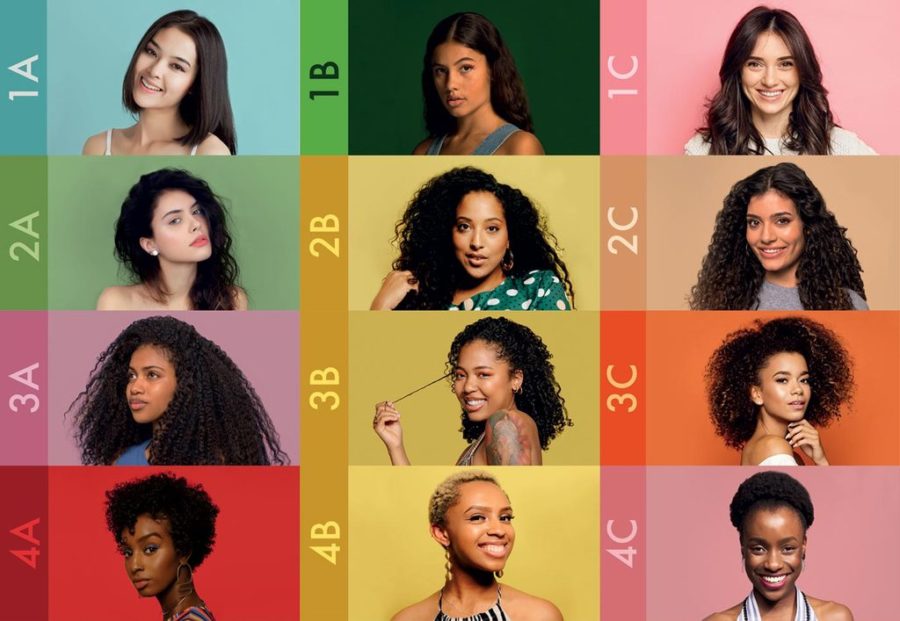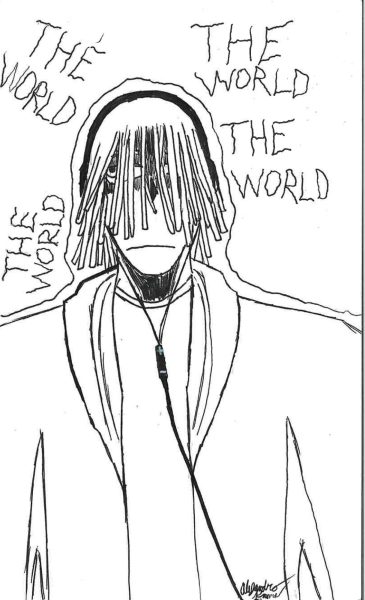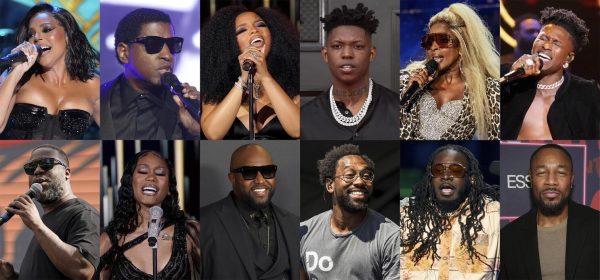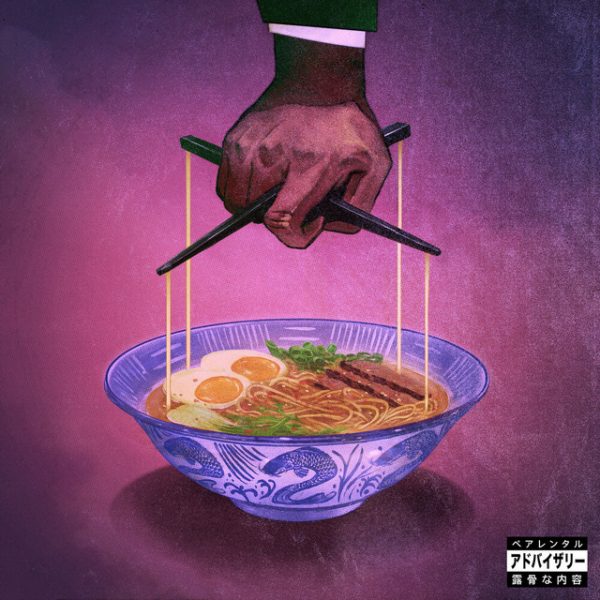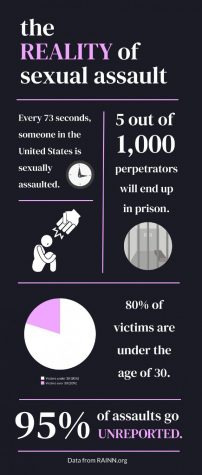Hair Discrimination is Colorism
An important part of growing up for many people is learning how to express themselves. We express ourselves through the clothes we wear, the interests and hobbies we enjoy and many other outlets. But one of the most popularly used forms of expression are hair styles.
Hair is one of the most widely used methods of self expression, especially in the society we live in today. You can dye, cut, and style your hair to make yourself feel more within your skin. If you choose to dye, cut, or style your hair, it can be a great way to express yourself and become more confident in how you portray yourself.
However, people everywhere are being deprived of this form of expression due to a prejudice towards hair that isn’t long and straight.
For a long time, any hair that wasn’t long, blond and straight was seen as unprofessional and messy. Society encouraged people with natural curls to straighten their hair and convinced people to not dye their hair outside of a natural color.
In the colored curly hair community specifically, young girls have been told that they look unkept and unprofessional with their natural curls. We were encouraged to make sure our hair was always either flat ironed or relaxed and we were trained to despise our natural hair.
From schools to work places, hair discrimination has sparked conversation globally and eventually led to the introduction of the C.R.O.W.N Act in the U.S. C.R.O.W.N stands for “Creating a respectful and open world for natural hair” and the act fights to protect people of color from hair discrimination. The act has been signed into law in only 12 states with an intent to reach all 50 states.
Even though the C.R.O.W.N Act is a great start to ending curly hair discrimination, there is a new type of hair discrimination rapidly forming.
Within the curly hair community itself, those with tighter, coiler hair are getting looked down upon by those with longer looser curls. Those with shorter Afro-like hair are often discriminated against in their own curly hair community due to an unrealistic beauty standard specific to curly hair.
This discrimination goes hand in hand with colorism. Colorism is discrimination against people with darker skin tones usually in the same ethnic group. This is important to note especially considering the fact that oftentimes, those with darker skin have tighter curls and those with lighter skin have looser curls. The stereotype that looser curly hair is more beautiful than tighter curls is fueled by the stereotype that lighter skin is more beautiful than darker skin.
The stereotype that only long and defined curls are beautiful is extremely harmful, especially when all curly hair is trying to gain acceptance. Instead of judging others with different curly hair then them, the curly hair community should be celebrating the wide range of curly hair and fighting for equality together.
As a society, we need to change our perspective of what hair is considered “good hair.” Good hair shouldn’t be defined by length or type, but rather health and how it’s taken care of. By defining good hair by hair that is long and straight it perpetuates racism based on appearance since most people with curly hair are people of color.
The narrative of good hair promotes another form of racism and discrimination not widely talked about today.
Racism is often just seen as discrimination by skin tone but many don’t believe that it goes much deeper than that. As a society we like to tell ourselves that we’ve left the majority of our racist past behind us, however that isn’t the case.
By still promoting the narrative that curly hair is less beautiful than straight hair shows that we have a lot father to go if we truly want equality.
Change can’t happen overnight, but by coming together as a community and changing the way we view curly hair as a whole, we can make discrimination on the basis of hair a thing of the past. This way, the next generation of curly haired kids can grow up in a world where they feel confident in their natural hair instead of embarrassed or different.

